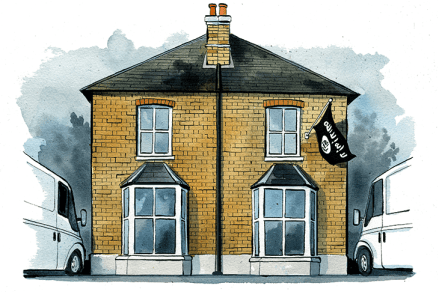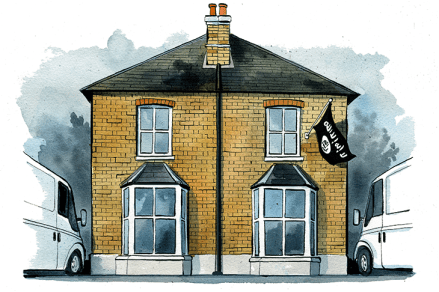The Prevent review shows the system needs a complete overhaul
One of the most surprising things to come out of today’s independent review of Prevent, the government’s flagship counter-terrorism programme, is how much of its activities have nothing to do with terrorism. The scheme was created by politicians to stop people from being radicalised into terrorism. Yet according to William Shawcross’s landmark review, the reality is that the programme spends much of its time and energy focused on subjects outside of terrorism. When broken down, the referrals to Prevent of course comprise people drawn to jihadist and neo-Nazi worldviews. But there was another, somewhat inexplicable category that few outside of the programme could find out very much about, labelled: Mixed, Unclear, Unstable,




